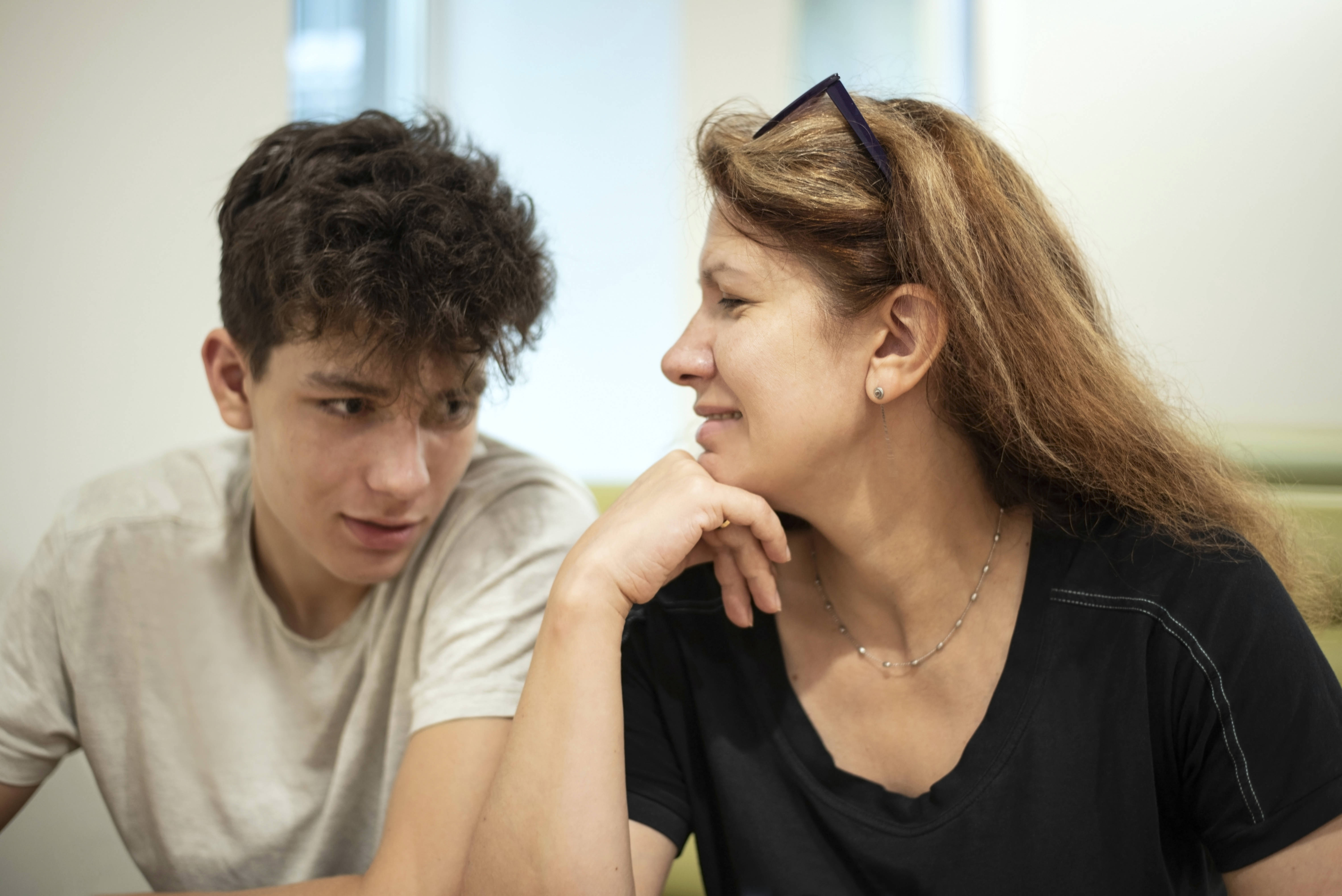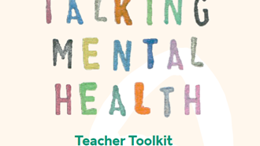Parent/carer engagement
If schools want to develop a whole-school approach to mental health and wellbeing, engaging widely with all members of the school community is essential and should be a key part of a school’s mission and values.

This broad engagement should include parents and carers – building important links between home and school, empowering them to voice their ideas and opinions, and communicating effectively with them to promote their child’s learning and educational experience.


 Author
Author

 Author
Author

 Author
Author